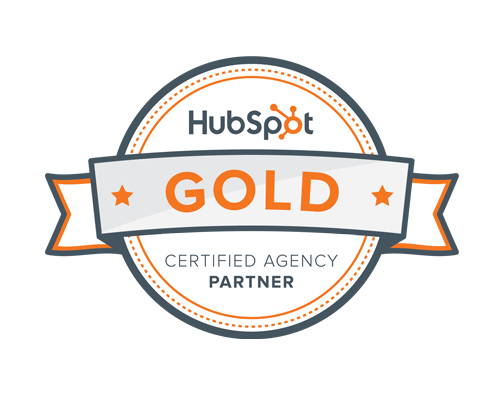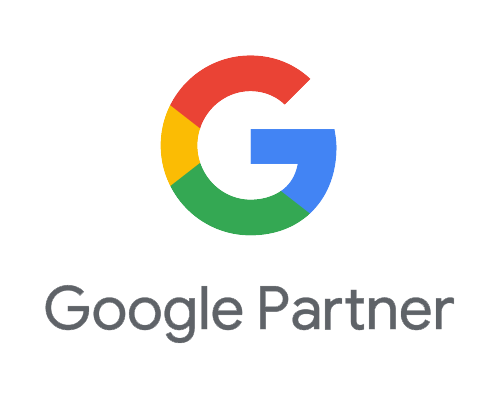
When Google first launched in 1998, it offered a new way to search. In the decades since, search capabilities have improved, but search behavior itself hasn't evolved all that much.
That’s finally changing. Instead of typing keywords into a search box and scrolling through results, many users are now turning to AI search engines like ChatGPT, Perplexity, and Gemini for direct, complete answers. Unlike a search engine results page, these generative AI platforms can do more than point to information. They’re actively synthesizing it and delivering context. Increasingly advanced technologies are even able to take action on behalf of users.
For companies growing their brand, that means SEO is no longer just for ranking on Google. The new goal is to have your content surfaced, cited, and trusted by AI tools. If content isn’t structured in a way that makes it valuable in this new ecosystem, your brand risks losing visibility with your audience.
Here, we’ll walk through how AI search is changing user behavior, which content characteristics are rewarded by AI search, and the strategies Möve recommends for making sure your brand stands out even as SEO changes.
How is SEO changing in the age of AI?
We’re entering a new age, one that has been increasingly called Generative Engine Optimization (GEO) and Answer Engine Optimization (AEO) among other terms. To create opportunities for your brand using GEO or AEO, it’s important to recognize that visibility means creating content that AI trusts, cites, and uses to respond and recommend.
Let’s start with a quick look at the numbers. Google still processes over 8.5 billion queries a day, but 58.5 % of U.S. searches now finish without a click. Why? Because answers are delivered right at the top of a results page. Whether they’re getting a full answer from featured snippets, AI Overviews, or directly within a chat with a large language model (LLM), users can find the information they need without ever visiting a website.
As a result, AI-native engines are gaining ground:
- Perplexity is handling tens of millions of queries daily, often from high-intent users.
- ChatGPT and Gemini are being used for research, decision-making, and personal and professional task completion.
- New features like Google’s AI Overviews and early experiments with interactive elements such as “highlight” or “explain this” buttons are shifting behavior, too. As users transition away from traditional search, they can get answers and next-step suggestions all within the same search experience.
Given these changes, the takeaway here is that traditional SEO, which was designed to drive clicks from search results, isn’t enough on its own.
What do AI search engines actually reward?
AI engines prefer clear, well-organized writing that delivers a full answer quickly and concisely. Posts structured with a “question + answer” format are also more likely to be surfaced or quoted directly by LLMs. While keywords still matter, AI tools will scan more broadly to build context around related queries.
These changes fit into a wider historical context in which Google’s algorithm typically rewarded features like backlinks, keywords, and domain authority. AI search engines take a slightly different approach. They prioritize content that can be parsed, quoted, and trusted at scale.
Here’s what that looks like in practice:
- Authoritative, structured content: Long-winded explanations might get skipped in favor of content that gets to the point.
- FAQ and Q&A formatting: Think about how a human would naturally phrase their question, and then mirror it in your content.
- High-quality sources and citation structure: AI tools look for information that’s traceable. That means you should stick to practices you might already be doing such as linking to credible sources, maintaining internal linking consistency, and using proper attribution.
- Breadth and depth: A page that anticipates follow-up questions and offers layered explanations is far more valuable to AI engines than one that narrowly covers a single topic.
In short, AI search favors content that is conversational, authoritative, and rich in context, not just optimized for keywords.
How can I increase AI visibility?
A few practical ways to increase your organization’s AI visibility include starting with short, complete answers, writing in a way that matches the natural phrasing people use when they speak, anticipating related or follow-up questions, and sending signals that reinforce your authority on the subject with proper links and citations.
At Möve Marketing, we’re rethinking our own SEO strategies for the AI-first era. Here is a closer look at those four key adjustments to help your content show up where it matters:
- Start with the short answer. Each piece of content should begin with a concise, 1–2 sentence answer to the primary question before expanding into detail below. This gives AI a “quotable” piece of information to pull right away.
- Write how people ask. AI search queries often mimic natural conversation. Instead of keyword stuffing, focus on natural-sounding phrases like:
- “What’s the best way to optimize content for AI search?”
- “How is SEO changing in the age of AI?”
- Anticipate related queries. Include sections for common follow-up questions a user might ask. If your blog answers “what is AI search?” but also “how does it differ from traditional SEO?” and “what tools should I use for AI optimization?”, you’re building a deeper context that AI engines (and your users) will find valuable.
- Reinforce authority with links and citations. Always point to credible external research and continue to strengthen your site’s internal linking structure. This signals to AI search platforms that your content is trustworthy and part of a larger ecosystem of reliable information.
These shifts might sound subtle. In reality, they can fundamentally change how your team produces content. You’re no longer writing just for users or just for algorithms. You’re writing for both human audiences and AI tools, with AI acting as the interpreter.
How do I measure visibility in AI search features?
First, you’ll need to track emerging AI traffic. Tools like GA4 can capture referrals from ChatGPT or Perplexity, and new platforms like Goodie are being built specifically for AI visibility. Another priority should be expanding your quarterly SEO audits beyond monitoring keyword rankings. Add AI-specific metrics such as citations, mentions, or answer appearances to your dashboards. Finally, correlate content with downstream outcomes. Even if traffic looks flat, indicators such as rising direct searches, branded conversions, or inbound leads show that your AI search presence is working.
These steps are increasingly necessary, because while we’re seeing advances in search technology, they aren’t coming entirely without drawbacks. One of the biggest new challenges associated with AI search is the difficulty of tracking “traffic” that doesn’t always show up as a click.
If a prospect sees your brand mentioned in a ChatGPT response, it’s possible they’ll search directly for your brand name later—but they also might get the information they needed all at once.
Going forward, Möve recommends measuring SEO success less by website traffic and more by gaining consistent value as a trusted source.
Final Thoughts
SEO is far from becoming irrelevant. In fact, it’s expanding. AI search is reshaping how users discover, evaluate, and act on information. The organizations that adapt early will be those that AI engines surface, cite, and trust.
To recap:
- Traditional SEO still matters, but it’s no longer the whole picture.
- Strong AI search performance requires structured, conversational, and authoritative content.
- Measurement will account for more than clicks by including citations and mentions.
Growing companies no longer need to aim solely for the top of Google’s SERPs. To gain dependable visibility in the months and years to come, you’ll need to be a part of the conversation inside AI search tools.
Ready to start modernizing your content for AI search? Let's talk about how Möve Marketing’s fractional model helps brands adapt their SEO strategies for the AI-first era.




